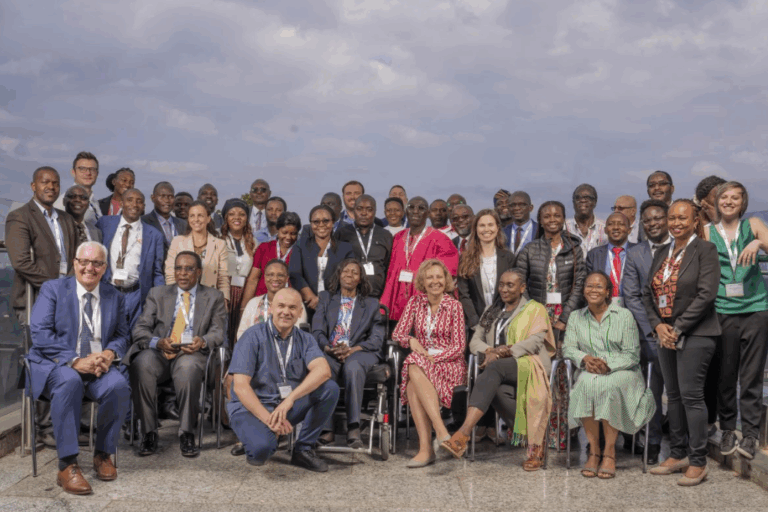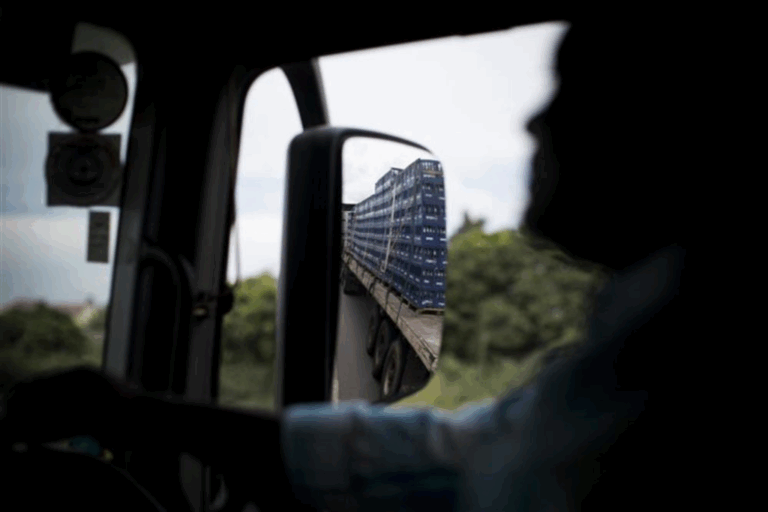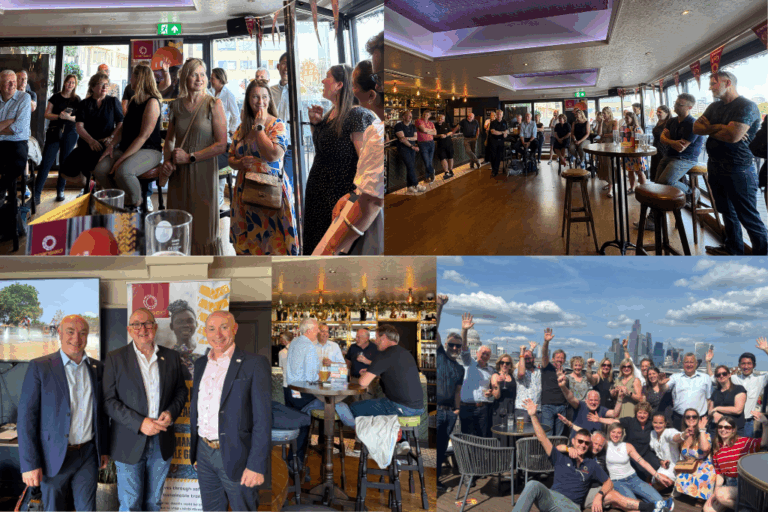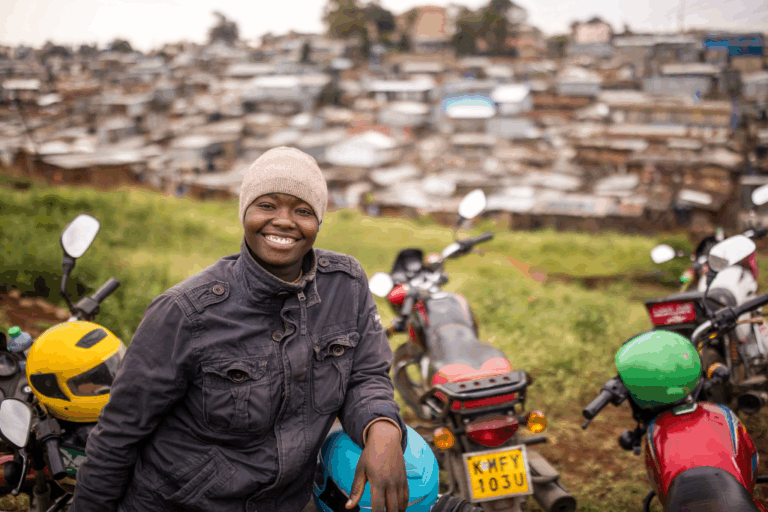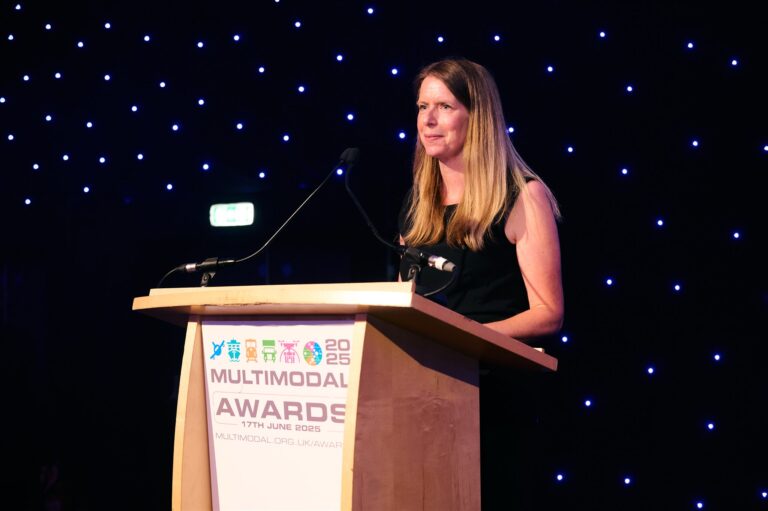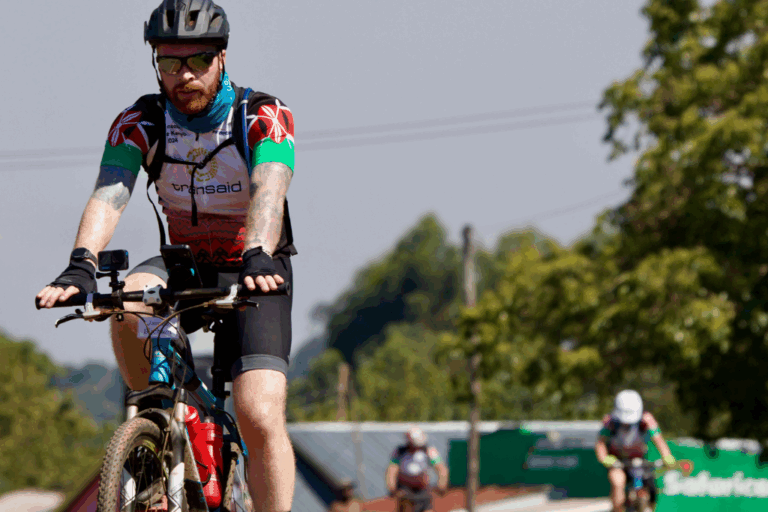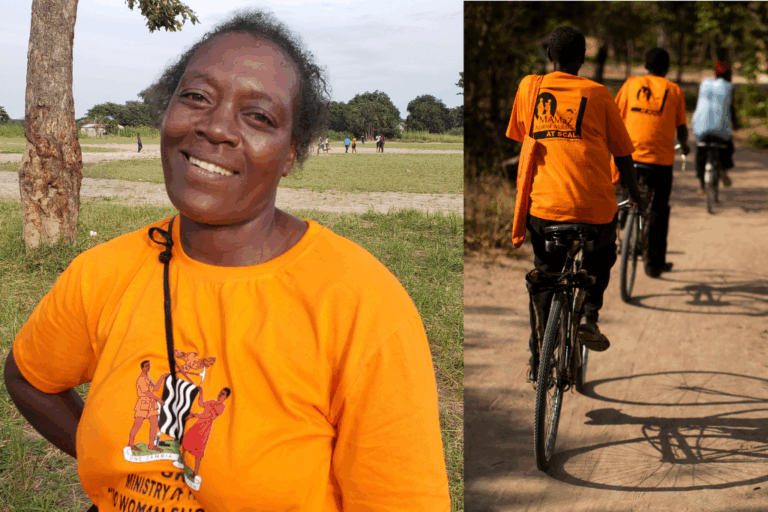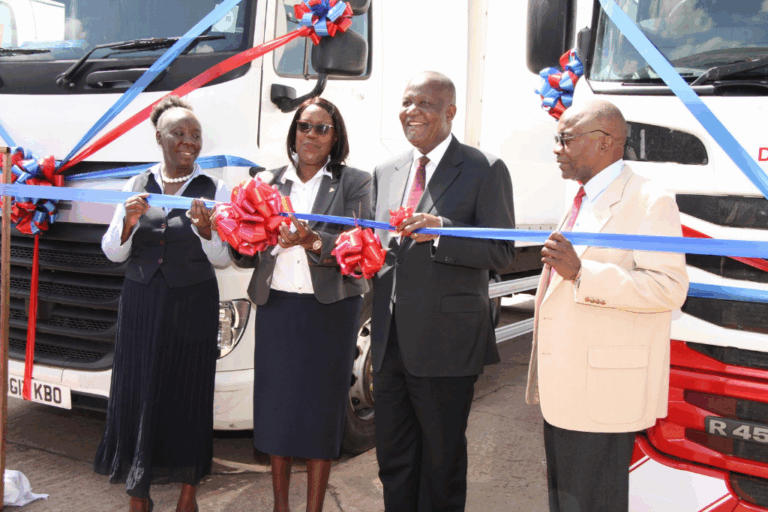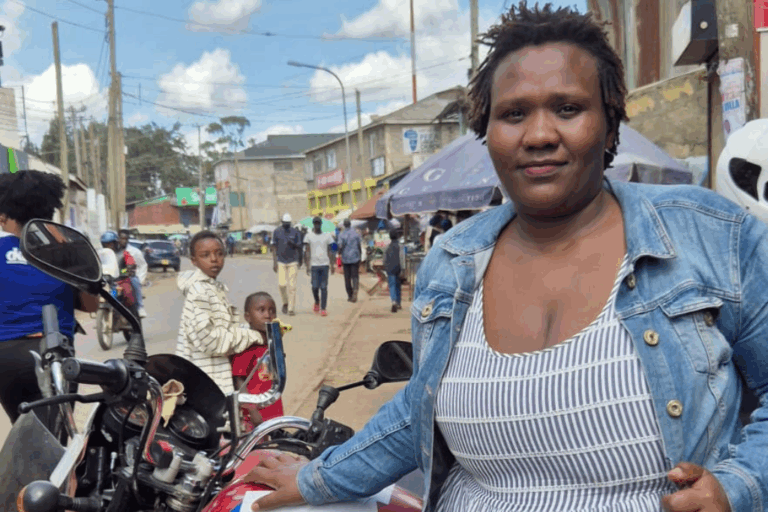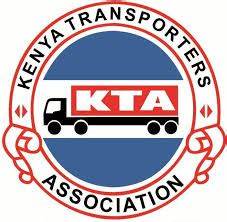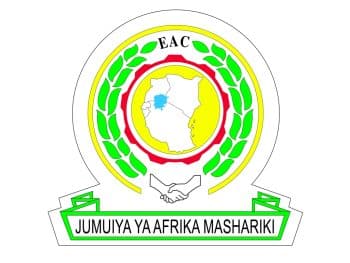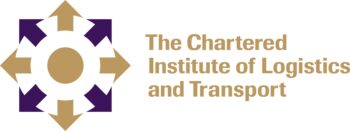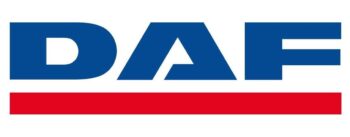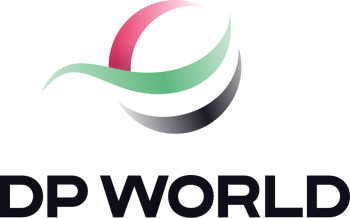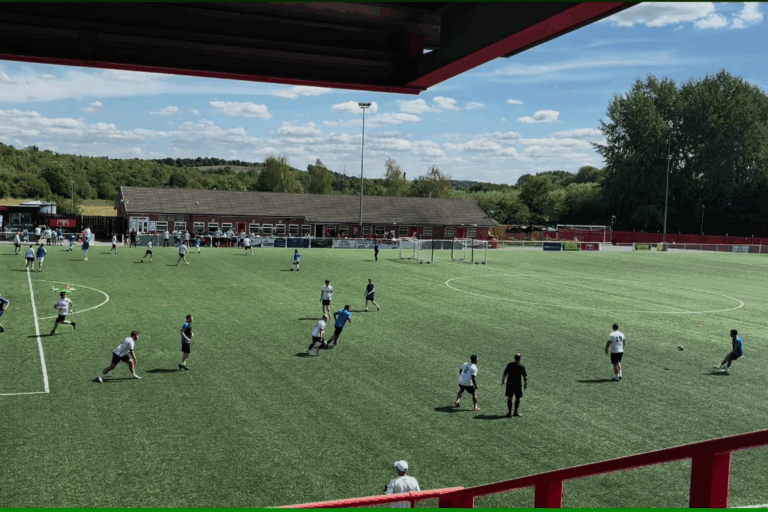
News
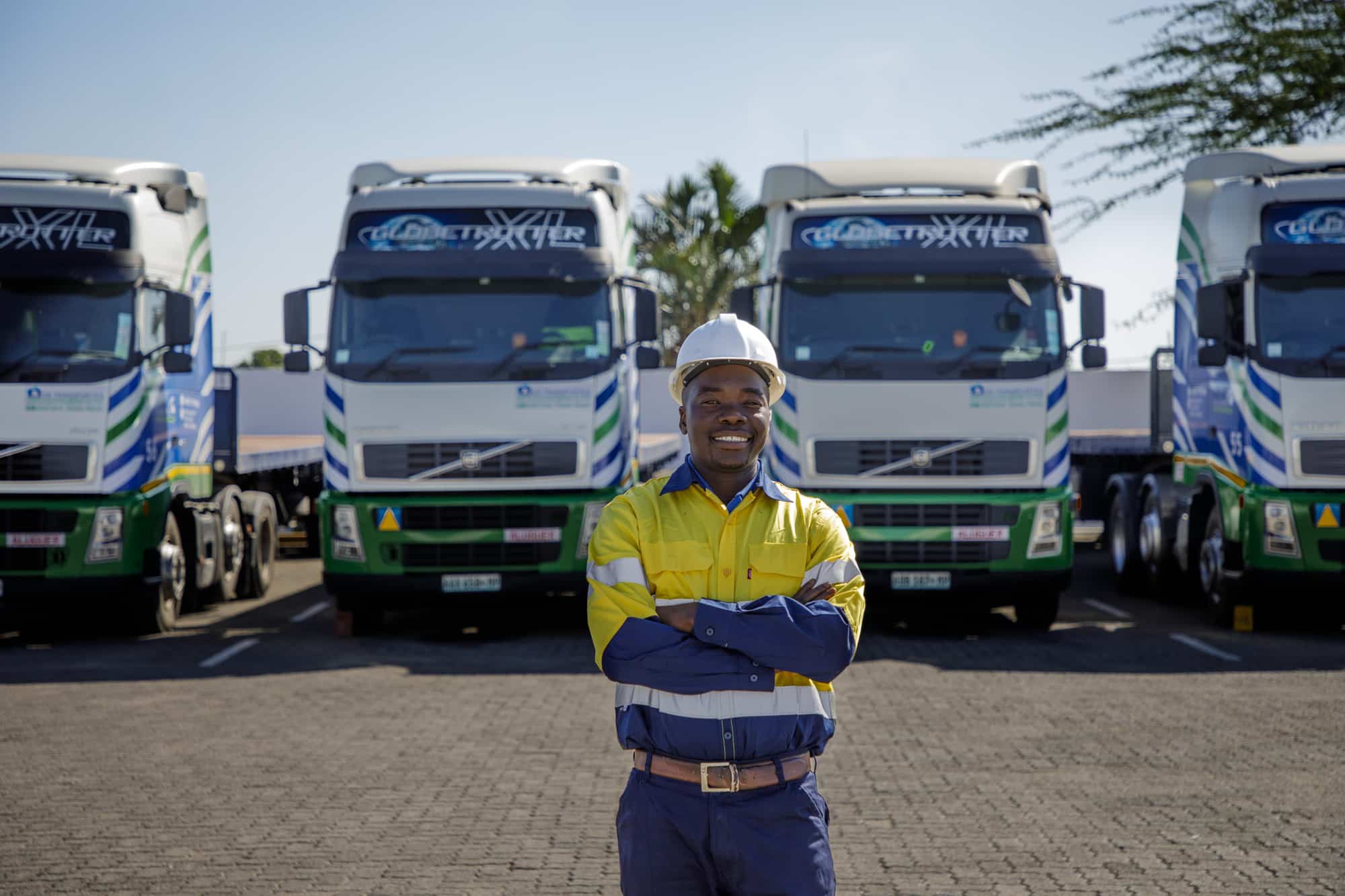
Research for Community Access Partnership (ReCAP): Understanding the Use of Two and Three-Wheelers in the Democratic Republic of the Congo (DRC)
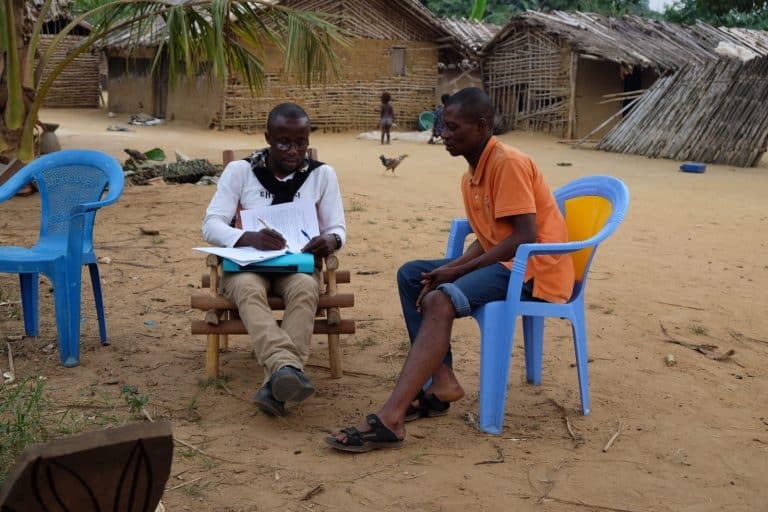
Research has taken place in the Democratic Republic of the Congo on ‘enhancing understanding on safe motorcycle and three-wheeler use for rural transport and the implications for appropriate training and regulatory frameworks’. This follows on from earlier research carried out in Ghana, Kenya, Tanzania and Uganda. The work was funded by the UK’s Department for International Development (UKAid) as part of the Research for Community Access Partnership (ReCAP) and carried out by Transaid and Amend, working closely with the Ministry of Infrastructure and Public Works (Cellule Infrastructure) and the University of Kinshasa.
The use of motorcycles has increased greatly in the African region, in recent years, where motorcycles are often used as taxis with riders charging a fare to carry passengers or goods. A literature review was completed to provide context for the research in DRC, followed by stakeholder mapping and engagement and a review of current legislation and training standards. A detailed survey of 296 people also helped the research team to understand the benefits and disbenefits of motorcycle and three-wheeler taxis in rural areas in DRC. Researchers surveyed a comprehensive group of stakeholders including riders, passengers, vehicle owners and owners of freight, as well as people who do not use motorcycle and three-wheeler taxis. Topics covered in the survey included economics and finance, access and mobility, injuries, health issues, crime and personal security, access to services and protective equipment and overall opinions.
The findings underlined the importance of motorcycle taxis to rural communities. In many situations they are the only existing or affordable mode of transport. They provide an important means of income to riders who otherwise struggle to find employment. They also function as an ambulance service, as so many communities in rural DRC are cut off from more traditional transport services.
A freight owner explained the experiences of pregnant women in his area:
“Even pregnant women take a motorcycle to go to the hospital. Others give birth on the motorcycle because there is no other means of transport”
However, the results of the survey also showed many challenges. Crashes are common and crime and personal security are also concerns for both riders and passengers. Helmet wearing was uncommon; most riders were unlicensed and had no official paperwork to operate as a motorcycle taxi. Furthermore, not a single rider was identified during the survey who had received formal training to ride.
One survey respondent remarked;
“we let 13 year olds be the drivers of motorcycles”
While riders and passengers face the risk of injury and personal security threats, this does not stop people from using motorcycle taxis – either as a means of earning money, or as a mode of transport. Indeed, the research team found it difficult to identify people who did not use motorcycle taxis.
A workshop took place on the 17th October to bring stakeholders together, share the findings and discuss possible solutions. Among these stakeholders, motorcycle taxi associations have been identified as being well placed to help improve road safety. The DRC has high levels of association membership, thus there is the potential to reach large numbers of riders through targeted sensitisation. What emerged is also the need to place an emphasis on the wearing of personal protective equipment, such as helmets, to protect both passengers and riders. It is also common to see motorcycle taxis operating in rural areas with three or even four passengers. Young children are often passengers and make journeys with no protective equipment. There is an urgent need for awareness raising about the risks of such practices. A multi-sector response is required and increased coordination between the different actors.
The team are currently working to share the findings of the research and to design a pilot project, together with in-country stakeholders.
Recent Posts


